10 honest live soundcheck tips for musicians from a sound engineer
Real-world advice to improve your soundchecks and gigs
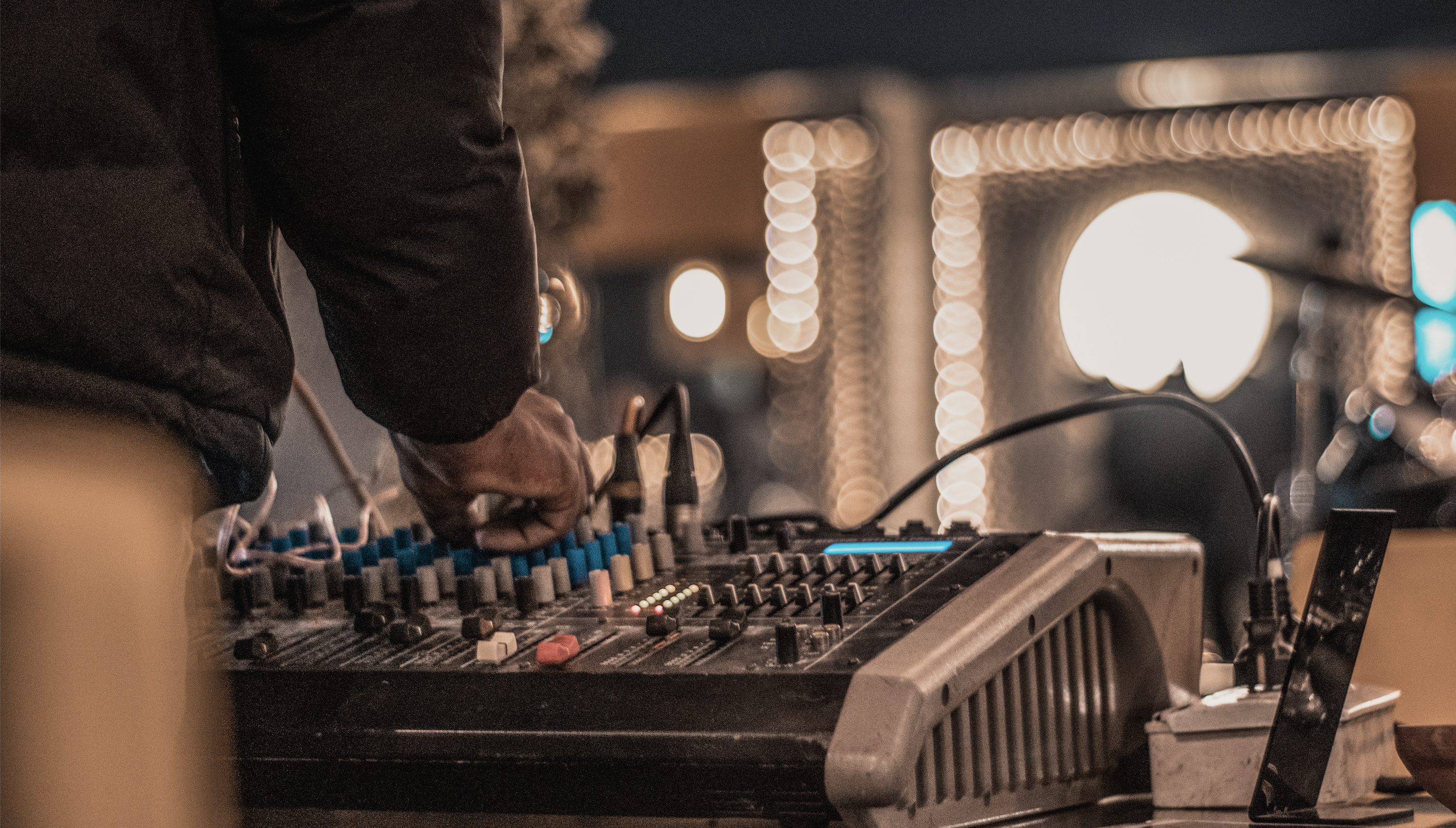
MusicRadar contributor Sam Drower is a live sound engineer in Bristol at the UK city's grassroots Exchange and Louisiana venues. He's also the bassist in noisecore five-piece Lightning Sharks – so he's got plenty of experience from both perspectives.
We asked him to share his knowledge to help other musicians starting out playing live or anyone of us looking to improve their gigging lives…

1. The soundcheck is for you
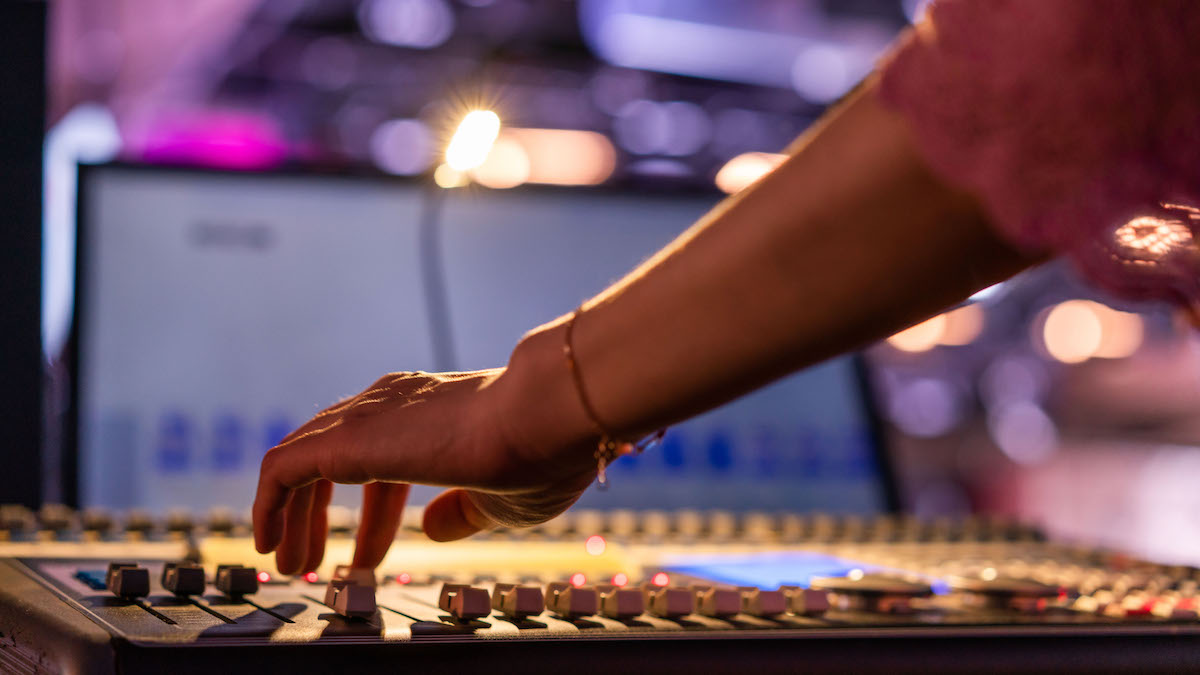
One of my favourite things about mixing younger or less experienced bands is how, immediately after playing a song during the soundcheck, they'll look towards the sound booth for a few seconds before saying "...Is that alright?", as if the soundcheck is entirely for the benefit of the sound engineer and not at all for them.
While there's something really endearing about that, it does demonstrate how there is sometimes a misunderstanding of what the soundcheck is actually for.
The soundcheck is as much for the musicians onstage as it is for the sound engineer. You need to be comfortable with your monitor mix and feel confident that you can perform to the best of your ability - Knowing that nothing technical or mix related will adversely affect your performance.
The in-house sound engineer at a venue is very experienced and knows their room and PA speakers really well. Generally speaking, they will need less time than you will to be happy with the way that things sound. Rather than ask them if it was alright, let them ask you.
Tell them if you struggled to hear your own vocals onstage, or if the keyboards were overpowering everything else, and they'll be happy to help make the necessary adjustments.
Want all the hottest music and gear news, reviews, deals, features and more, direct to your inbox? Sign up here.
2. Be prepared
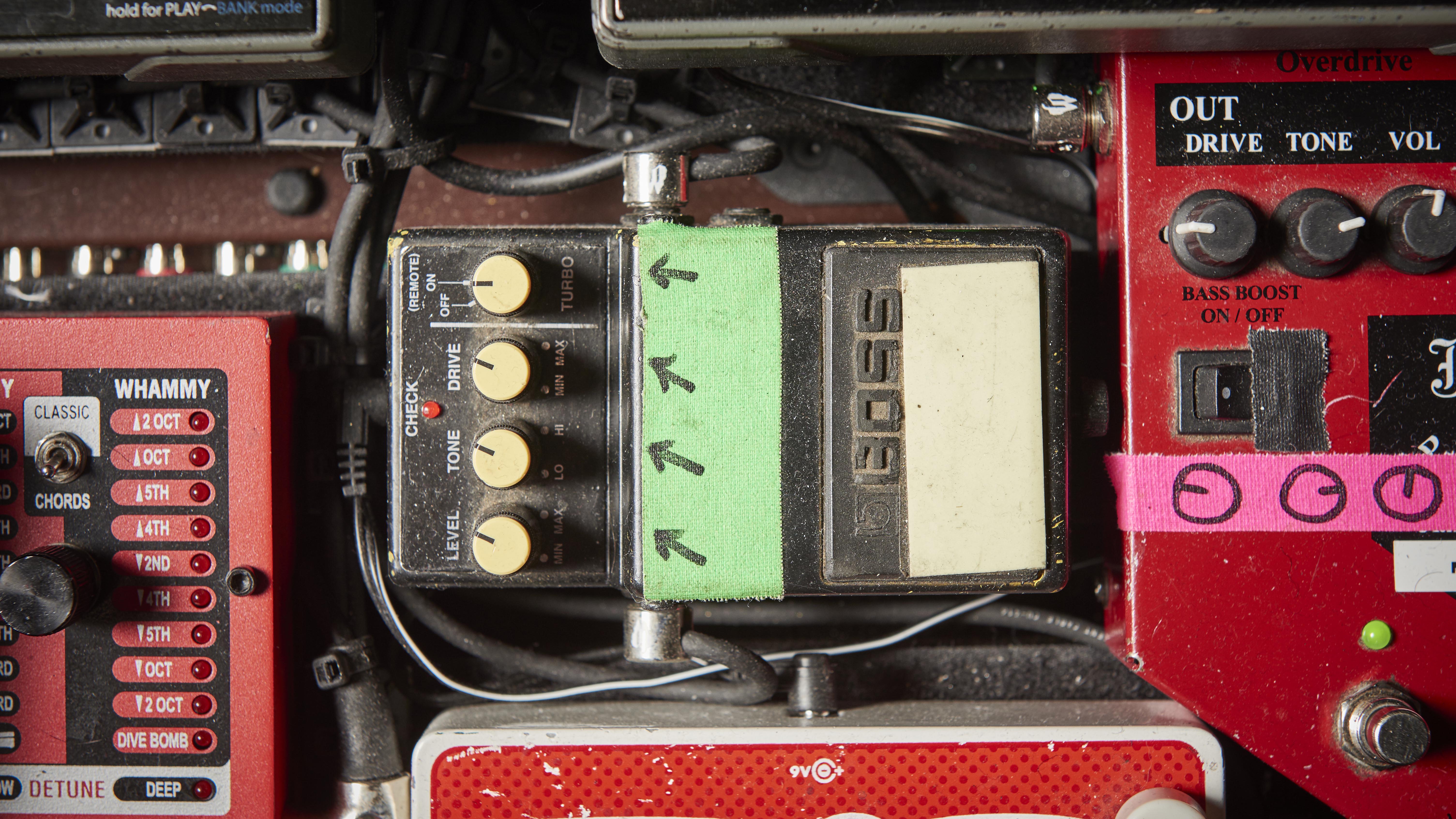
One of the most common time sinks in a soundcheck is due to instrument cables cracking or not working, and needing to be replaced
Every soundcheck is going to be different, so it is important that you get in touch with either the show promoter or a venue representative to see what is expected of you. One of the most useful bits of advance preparation you can do is to create a tech rider.
This should be an easy to read sheet with a stage plot that details the number of musicians you have, what instrument they play and information on their stage setup and monitor mix preferences. You don't need to be a professional band to have one of these. Even if you are playing your first ever gig ,the sound engineer will be grateful to receive a tech rider from you.
Some other important tips for preparation would be to make sure that your gear is in good working order. Ensure that whatever you are planning to take onstage works. "I can fix it in the soundcheck" is never a good mentality. In particular if you are a guitarist, you should bring spare instrument and patch cables.
One of the most common time sinks in a soundcheck is due to instrument cables cracking or not working, and needing to be replaced. Sound engineers can sometimes lend you these as a last resort, but it's better to have too many of your own than not enough.
3. Be efficient
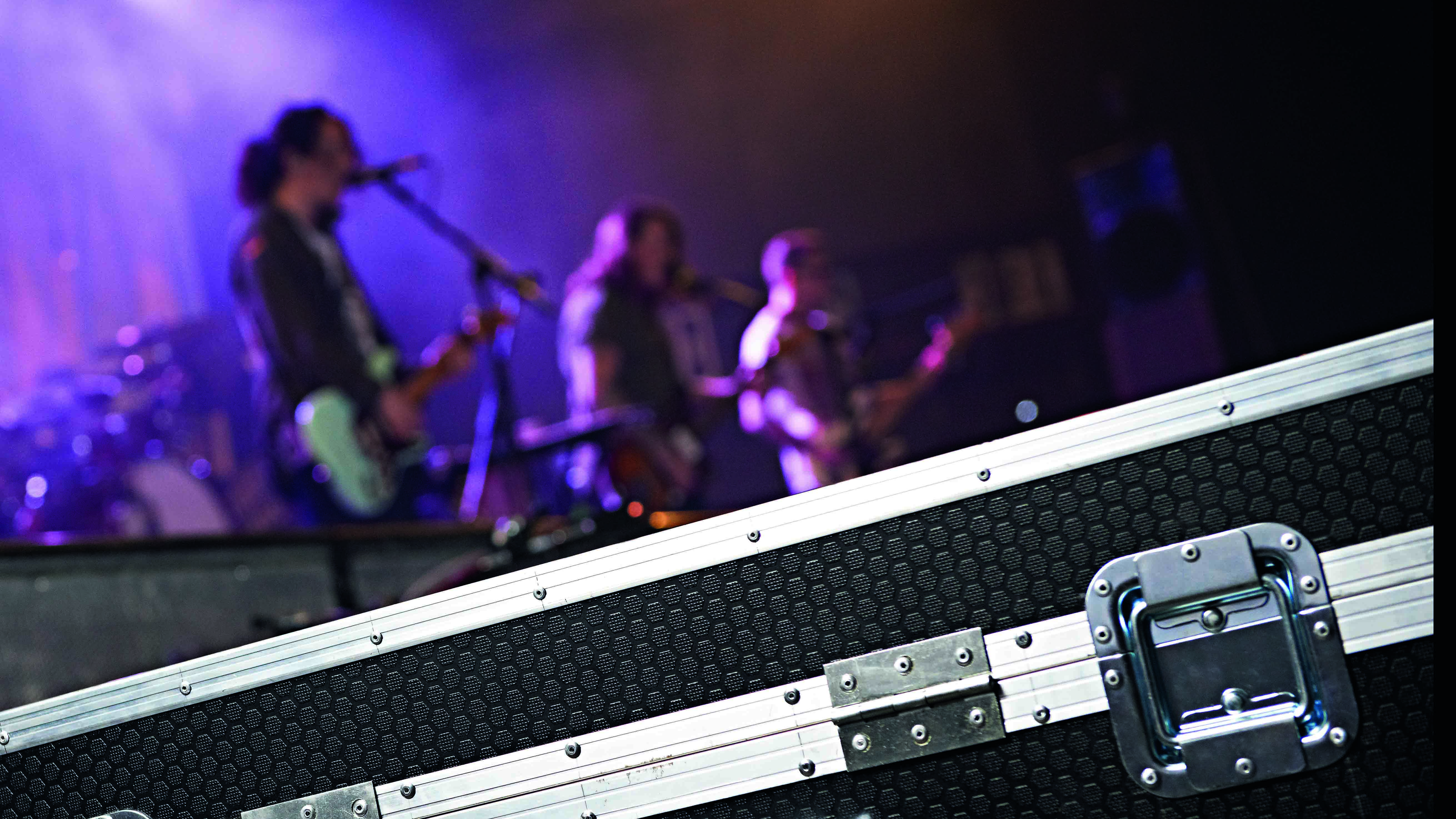
Know what you need and make that clear to the sound engineer before your soundcheck
Another important part of preparation is timekeeping and efficiency. Time is finite, and there's often more than one act to soundcheck - So it is important to know exactly what you are doing. Arrive on time and introduce yourself to the sound engineer so that they know who you are. In many smaller venues, sound engineers are also responsible for ensuring the soundcheck and show run smoothly and that everyone is onstage and offstage at the correct time. The sooner they know who you are, the better.
Soundchecks typically go in reverse order for logistical reasons - Meaning that the headlining act is the first to soundcheck and the opening act is the last to soundcheck. Your placement on the running order can impact the amount of time you have to soundcheck, so be professional.
Know what you need and make that clear to the sound engineer before your soundcheck. This also means that it isn't always necessary to bring your entire backline and you should only bring what you need. There's no need to bring your entire drum kit if the backline is being shared across all bands. You can save yourself time and effort through effective communication with the promoter.
4. The sound engineer is a collaborator
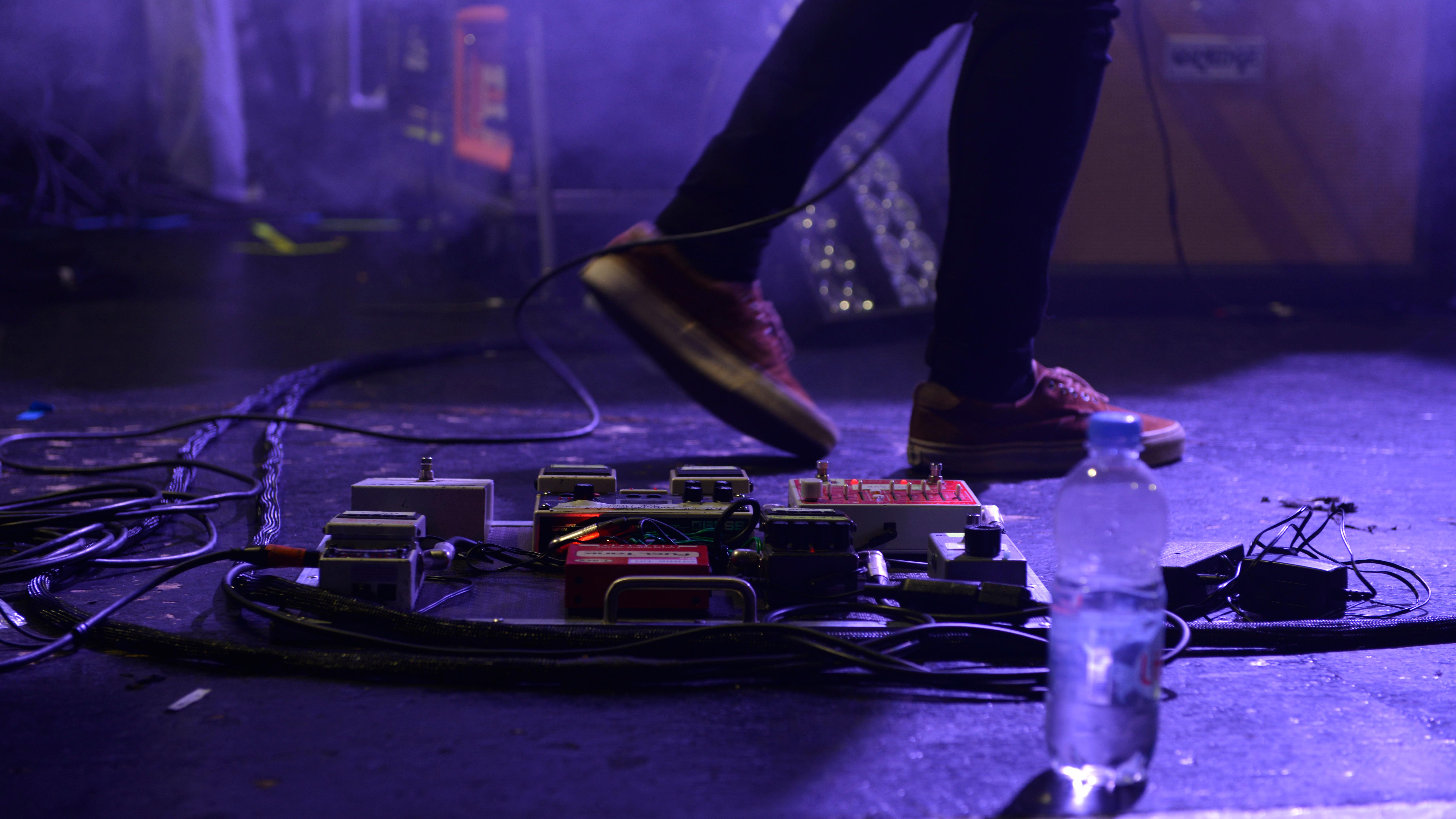
The sound engineer works for the venue. They don't work for you, but you don't work for them either. You should look at them as a collaborator - An unseen extra member of the band who is there to make your performance sound as best as it possibly can.
One of the biggest differences between the soundcheck and the actual gig is the number of people in the room, and more cavernous or reflective rooms can sound very resonant or boomy when empt
Bands are rightfully concerned with their own aesthetic, and having a strong opinion on the mix is a very natural thing for an artist. It is best to be more broad with your opinions on how the mix should sound when you relay these thoughts to the sound engineer, however.
Specific requests for vocal reverbs or effects are useful, but a huge list of pointers about every single part of the mix probably isn't. It is also worth bearing in mind that one of the biggest differences between the soundcheck and the actual gig is the number of people in the room, and more cavernous or reflective rooms can sound very resonant or boomy when empty. Once the audience is present, some of the nastier frequencies will be absorbed.
5. Sing loud, sing proud

It is fairly common to hear an engineer ask a guitarist to play their loudest sound during the soundcheck. The same should be true for vocalists too. If you're a vocalist, sing as loud as you are going to during the gig itself when soundchecking.
Given that they'll be performing to a bigger audience than just the sound engineer later on, it is surprising how shy singers can be during soundchecks when nobody else is present. Simply mumbling "one two, one two..." does not give the sound engineer an accurate representation of what your performance will be like.
Sing as though the whole band is already backing you. There's nothing to be embarrassed about, we actually love to hear it! Singing at a level which accurately represents how you will perform will help the sound engineer with their gain structure, leading to a better result for everyone.
6. Play your loudest parts
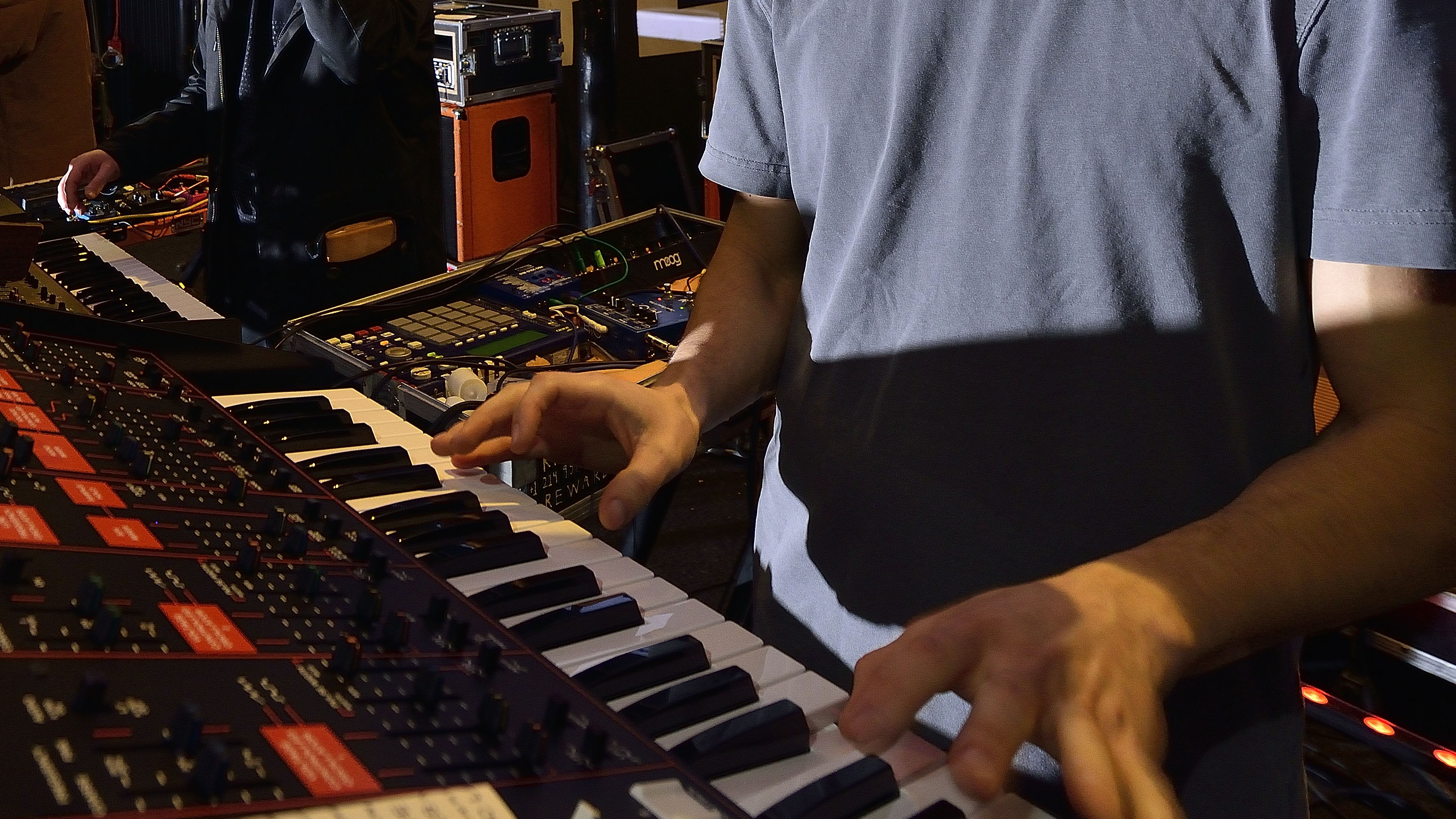
Sound engineers generally like to hear a range of dynamics, but a very useful thing is to play them your loudest sound. If you're a guitarist, hit your loudest overdrive or volume boost pedal.
If you're a synth or keys player, switch to the loudest patch you'll use during one of your songs. This maximal approach will help the engineer understand your peaks and establish a gain structure based around that.
7 Hold your fire and be patient
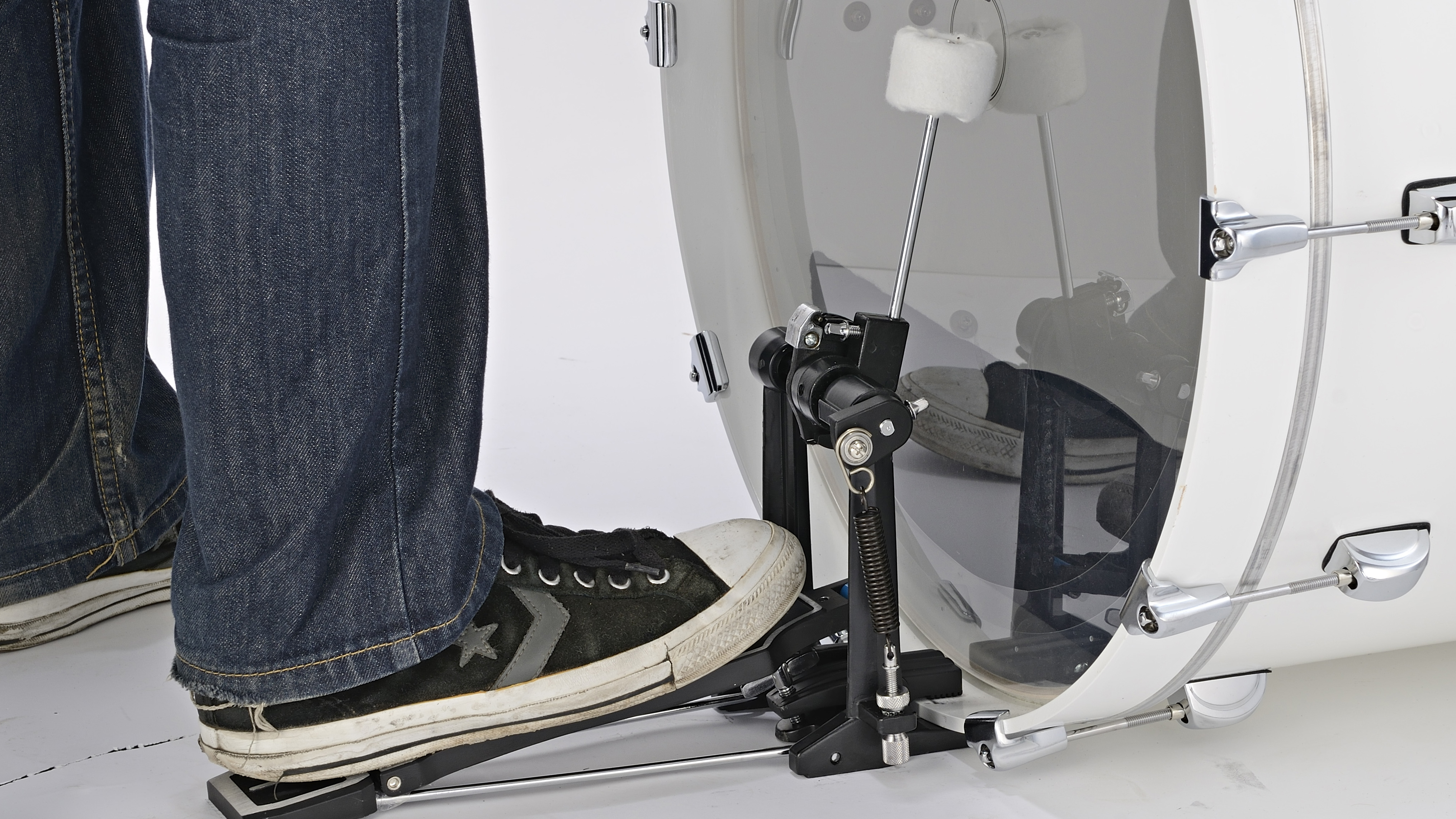
The sound engineer needs time to sort out the onstage patch, adjust mic placements and set up any extra bits you may need
The load in is complete, your gear is onstage and in position. You're all plugged in and your amp is switched on. It would feel extremely natural in this situation to start playing, but you should hold back until you are asked. This is for several reasons.
There's lot of things that need to happen first. The sound engineer needs time to sort out the onstage patch, adjust mic placements and set up any extra bits you may need. Effective communication cannot happen when there's a lot of aimless noise being made, so once your gear is set up, consider stepping offstage for five minutes or so while the engineer does their job. The last thing they need is an amp blasting their head off while they're trying to set a mic up in front of it!
When the sound engineer asks for just the kick drum, it is because they need to hear just the kick drum - so sit tight until it is your turn. If you feel you need an extended line check to sort out an issue with your tone, or a piece of your gear, speak to the sound engineer and more often than not they'll be happy to accommodate you. They just like to know what is going on.
8. Get your levels correct
Soundchecks aren't really rehearsals and shouldn't be treated as such. Be as well rehearsed as you can before agreeing to do any gig – and part of being well rehearsed includes understanding your levels. The sound should be as good as possible at the source and ideally you'll want to hear the "core" of your band (the amplified instruments that don't go through a DI) well enough without the aid of the in house PA. You'd be surprised to hear how frequently guitar levels nosedive from clean to overdrive channels as well, so quickly make sure those are correct.
As previously mentioned, sound engineers know their room and their PA really well and it is generally best to defer to their advice with regards to volume and balance. Your amp might sound great in your rehearsal space, but in their room it might need a few tonal tweaks to sound at its best. Listen to them and ask questions, because there's a lot of good advice and knowledge to gain from doing so.
9. Play a whole song first

Stopping 10 seconds into the first song of your soundcheck with a laundry list of changes can be a little overwhelming for the sound engineer. They need a little time to toy with the mix and make changes to your monitor levels because in smaller venues, your sound engineer will almost certainly be taking care of your monitors too. Wait until you've finished playing and and go through each member's tweaks one at a time to avoid overloading the engineer with information.
It is always best if you can play a song that has a good balance of everything that you're going to be doing. This may not always be possible, so consider asking if you can play through the first minute of another song too once you are done if that has something different that you need to check.
10. Be self-contained
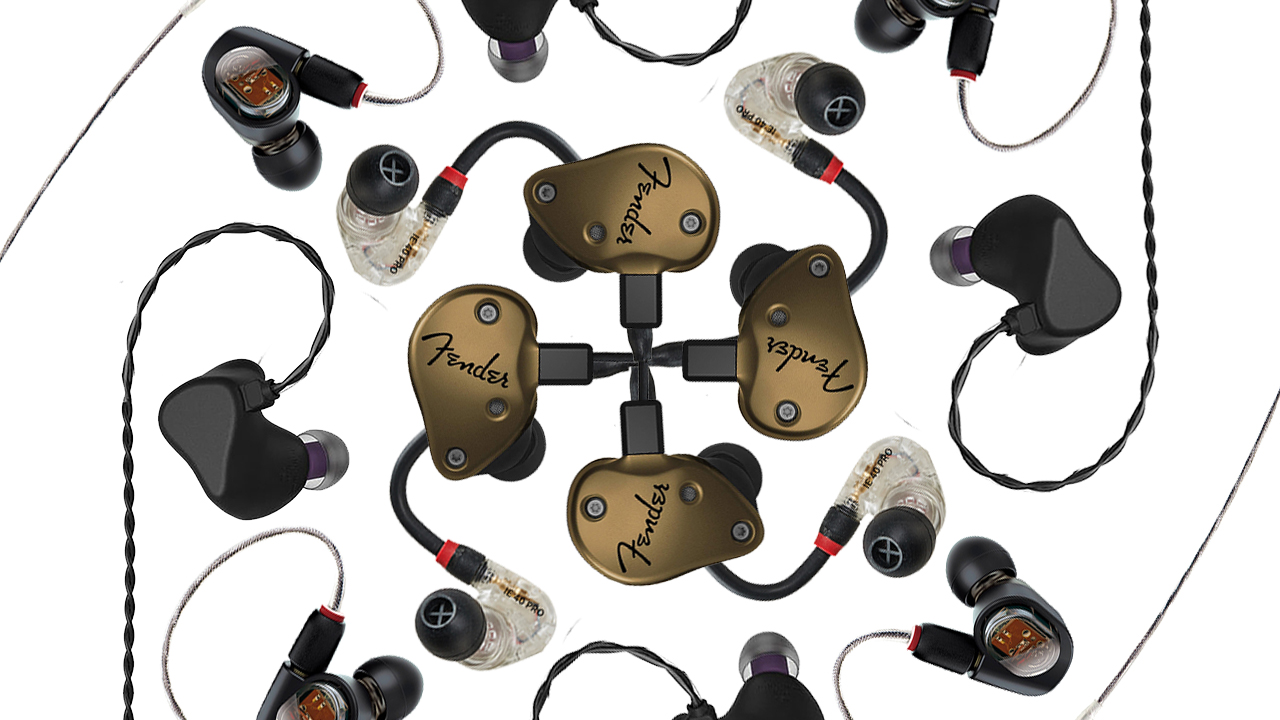
A degree of self-containment can not only make things more efficient, but more ergonomic too. If you're part of a band that has lots of electronic elements such as keyboards, synths, drum pads or backing tracks, it is definitely worth investing in your own DI rack and even your own in-ear monitor system. A clearly labelled DI rack will be extremely helpful for a sound engineer, and when you need a delicate balance between lots of electronics and vocals, for example, in ear monitors are definitely a huge advantage.
In-ear monitors (IEMs) take the place of the wedge monitors and can be patched into the system in the exact same way, meaning that your sound engineer has full control over what sound sources to send you. They'll also protect your ears from loud sound sources onstage. You should definitely consider using IEMs if you are a singer too - You'll be able to hear yourself better while straining less.
Sam Drower is a sound engineer, musician and all-around music junkie based in Bristol, UK. He began contributing to MusicRadar in 2020, when the global pandemic brought live music to a screeching halt. When not behind the mixing desk for various bands, he is playing bass for blackened mathcore group Host Body.